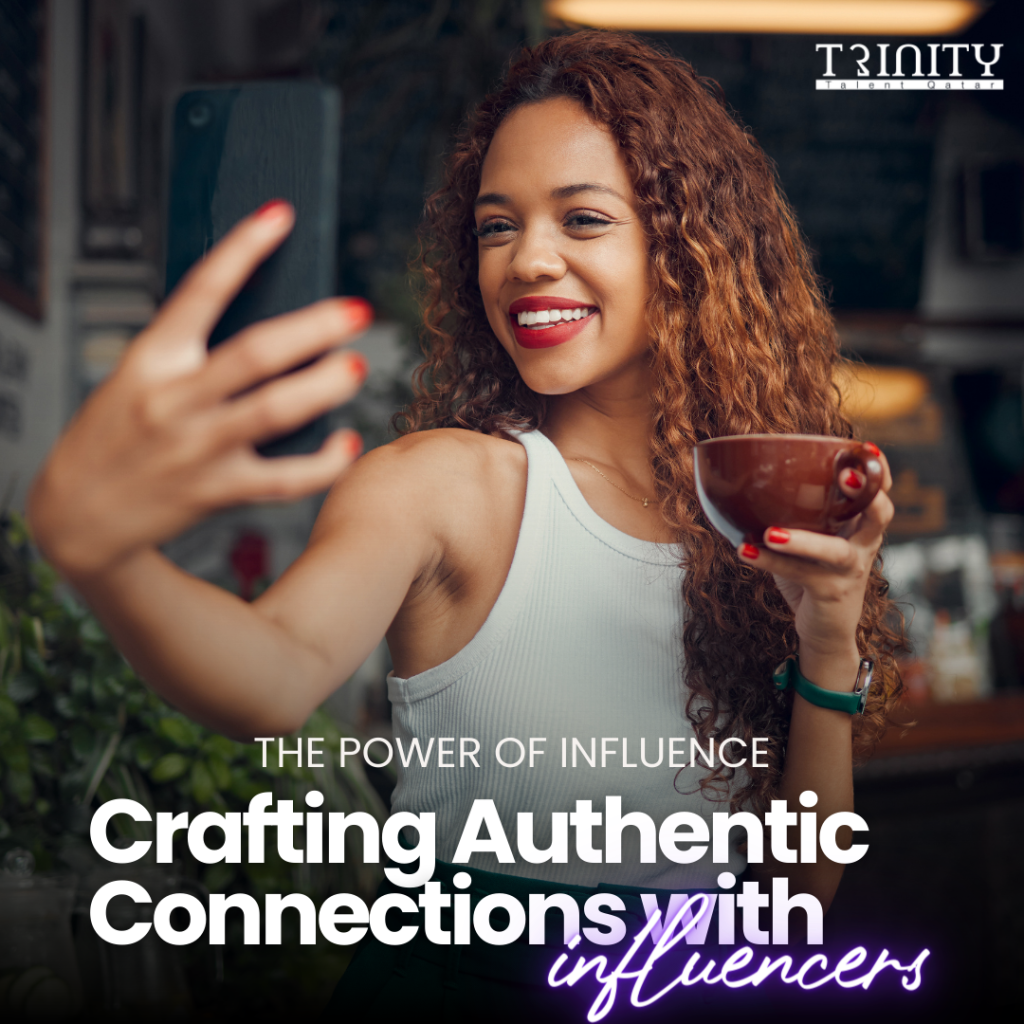Gone are the days of transactional influencer marketing, where a set number of posts exchanged hands for a fixed fee.

Today’s landscape thrives on genuine connections, fostering long-term partnerships that benefit both brands and influencers. This guide delves into the power of authenticity, equipping you with the strategies to cultivate these valuable relationships and achieve remarkable marketing success.
Imagine an influencer who genuinely loves your product and believes in your brand’s mission. Their posts aren’t driven by a paycheck, but by a passion for what you offer. Audiences, accustomed to authenticity, can spot this a mile away, leading to higher engagement and trust.
Furthermore, passionate influencers go the extra mile, creating unique content that resonates deeply. This not only enhances engagement but also strengthens their bond with followers – crucial for long-term loyalty.
Let’s look at the metrics. Transactional relationships might yield a 2% engagement rate on sponsored posts, with minimal interaction beyond likes. In contrast, authentic partnerships often see 5-10% engagement, featuring heartfelt content seamlessly integrated into the influencer’s style. These posts spark conversations, shares, and even user-generated content, amplifying your brand’s reach.
This stark difference highlights why authenticity isn’t just a nicety, but a strategic advantage.
For startup founders, the pursuit of authentic connections begins with a clear understanding of what authenticity means for their brand and audience. Transparency, shared values, and a genuine passion for your product are key.
Select influencers who are already fans of your niche or have demonstrated a real interest in your industry. This ensures content is relatable and imbued with genuine enthusiasm.
Strategic engagement is vital. Move beyond simply providing a product and script. Involve influencers in the storytelling process.
Allow them to contribute ideas on how best to present your product to their audience. This not only enhances authenticity but also makes them feel like true partners, inspiring more dedicated promotions.
The heart of authentic partnerships lies in forging emotional connections with the audience. This means working with influencers to create content that goes beyond showcasing a product. Tell a compelling story about your brand’s mission, the challenges you overcome, and how you align with your audience’s values and aspirations.
Emotional storytelling significantly amplifies the impact of campaigns. It transforms you from a mere provider into a relatable entity consumers want to support and grow with.
Many startups initially adopt transactional tactics due to budget constraints or a focus on short-term gains. While this offers quick visibility, it may not sustain brand growth.
To transition, gradually invest more in influencer relationships with long-term potential. Integrate feedback mechanisms into early campaigns, allowing influencers to share insights on audience reactions and content performance. Use this data to build more tailored and impactful future campaigns.
Measuring the impact of authenticity goes beyond traditional metrics like clicks and impressions. Look at engagement depth – comments, shares, save rates, and mentions.
Additionally, qualitative feedback from the influencer and their audience provides deeper insights into how your brand is perceived when promoted authentically.
This data justifies investment in influencer relationships and guides the refinement of strategies to maximize ROI.
In essence, influencer marketing isn’t just about selecting the right partners; it’s about a holistic approach to collaboration, storytelling, and strategic engagement that transforms transactions into enduring brand loyalty.
By focusing on these elements, startups can leverage influencer marketing not just to sell a product, but to build a beloved brand.



